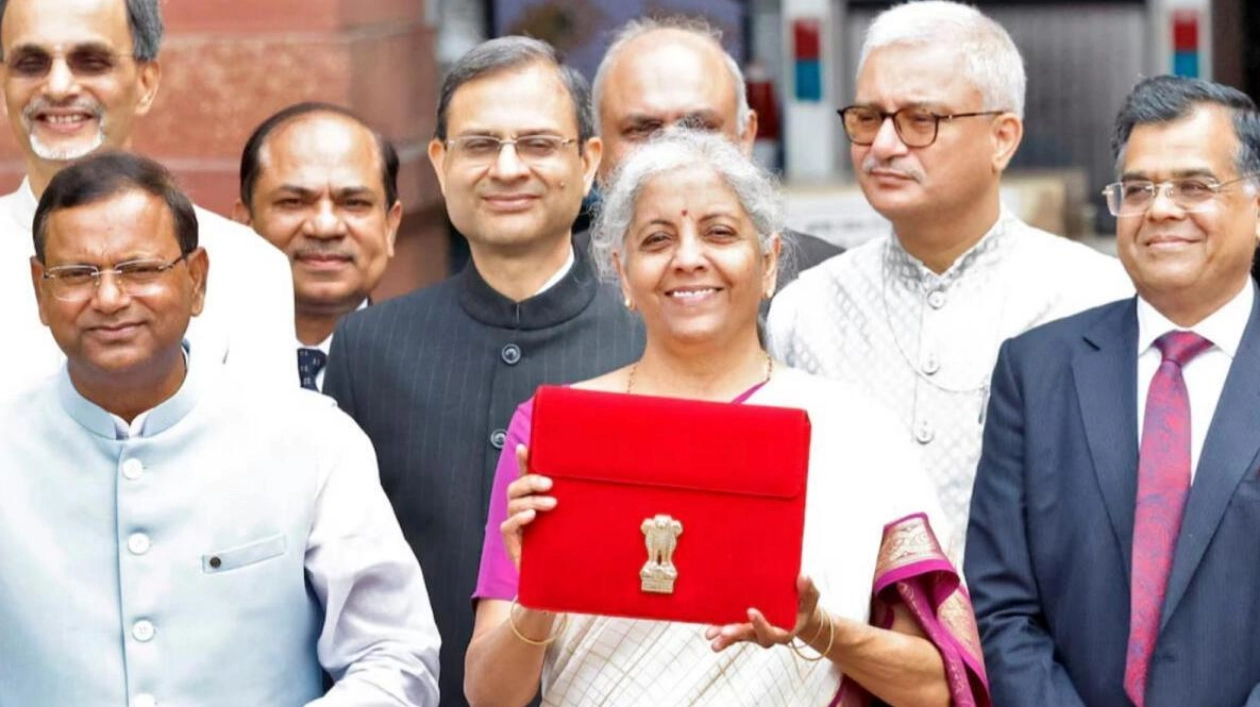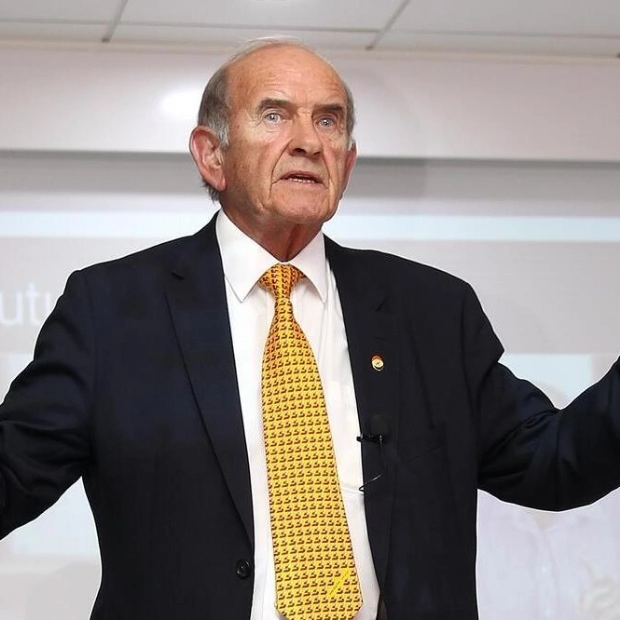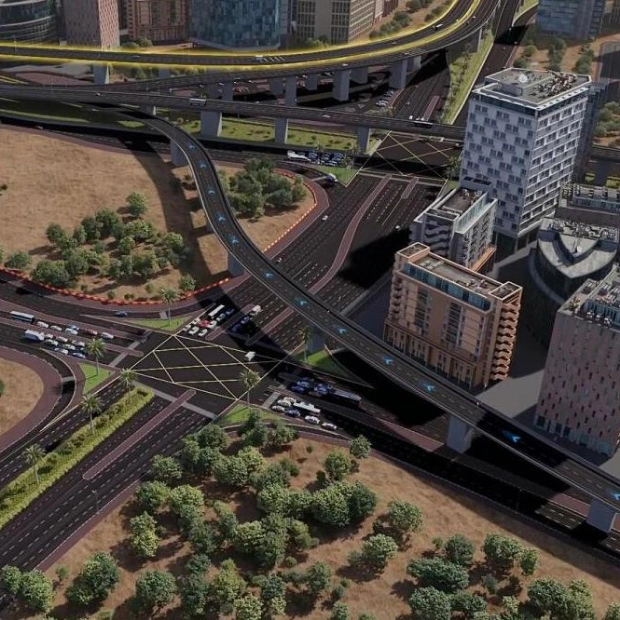Indian Finance Minister Nirmala Sitharaman announced on Tuesday that Prime Minister Narendra Modi's initial budget post-election will concentrate on job creation and support for the middle class. The government plans to invest 2 trillion rupees ($24 billion) over the next five years to stimulate job growth, offering incentives linked to employment for companies, particularly in manufacturing.
Key aspects of the budget include: a commitment of 2 trillion rupees for job creation over five years, allocation of 1.52 trillion rupees for agriculture and related sectors, and the introduction of three initiatives aimed at providing employment-linked incentives. Sitharaman also noted that inflation is under control, trending towards the 4% target, despite ongoing global economic policy uncertainties.
Additionally, the budget includes programs designed to enhance skills and offer subsidized loans for higher education. Official urban unemployment in India stands at nearly 6%, but private estimates suggest it is closer to 9%. Despite government figures indicating 20 million new jobs annually since fiscal 2017-18, economists argue that many of these are informal or temporary positions.
Following the recent elections, Modi's Bharatiya Janata Party (BJP) no longer holds an absolute majority, necessitating alliances to govern. Sitharaman confirmed that the government will expedite loans from international agencies for Bihar and Andhra Pradesh, both governed by important coalition partners.






